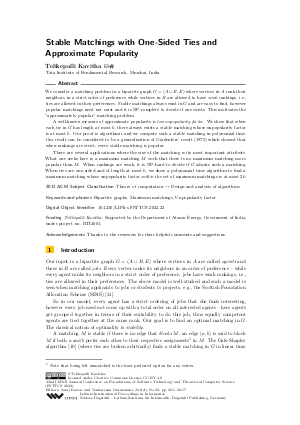LIPIcs.FSTTCS.2022.22.pdf
- Filesize: 0.71 MB
- 17 pages

 Creative Commons Attribution 4.0 International license
Creative Commons Attribution 4.0 International license


























Feedback for Dagstuhl Publishing